Search Results
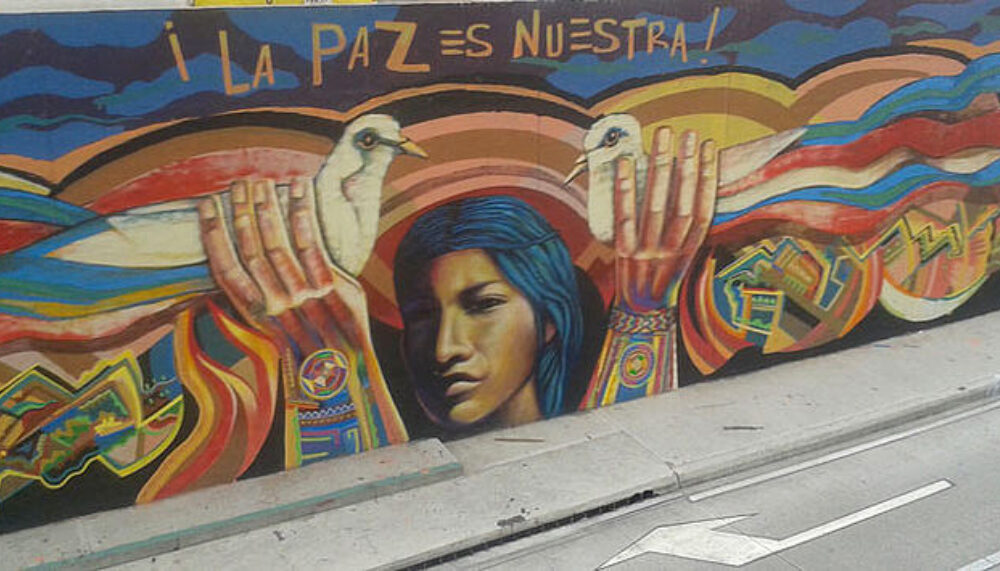
Unsere Arbeit in Lateinamerika
Wir bieten praktische Unterstützung, insbesondere im Bereich des Dialogs mit mehreren Akteuren und auf verschiedenen Ebenen sowie im Bereich der Prozessmoderation und des gemeinsamen Lernens.
- Overview

Nuestro trabajo en América Latina
Proporcionamos apoyo práctico, en particular en los ámbitos de diálogo con múltiples actores y en diferentes niveles, así como en la facilitación de procesos y el aprendizaje conjunto.
- Overview

Nexus of peacemaking and constitution building
The project examines the intersection of peacemaking – with a focus on mediation – and constitution making, and aims to strengthen cooperation between the two fields.
- Past Project 2018 - 2020

Carla Schraml
Advisor Mediation & Negotiation Support, Negotiation and Mediation Support
- Berghof People
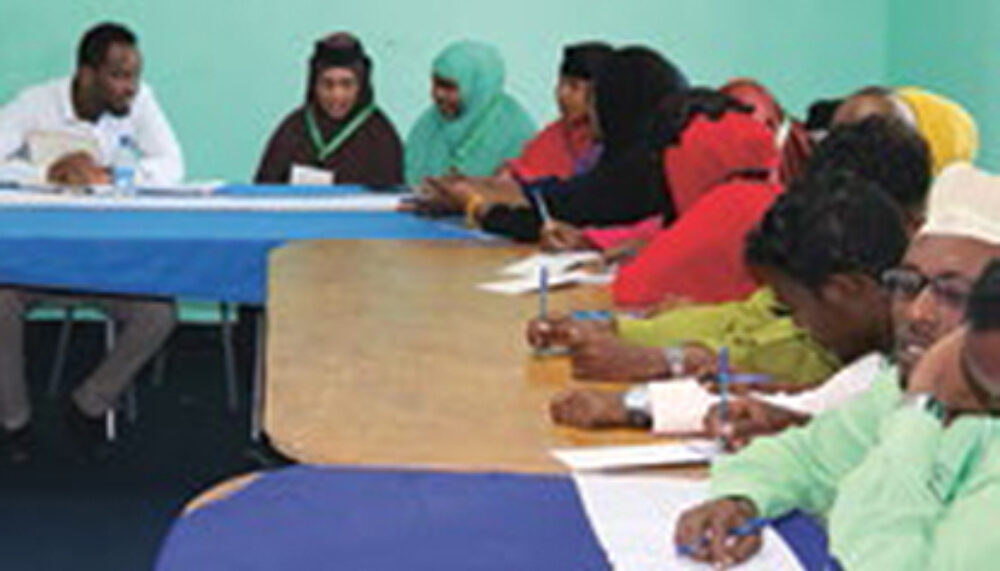
Insider peacebuilders resolving local conflicts in Somalia
We supported the creation of a network of insider peacebuilders who have the skills and experience to encourage dialogue and reconciliation in Somali communities.
- Impact
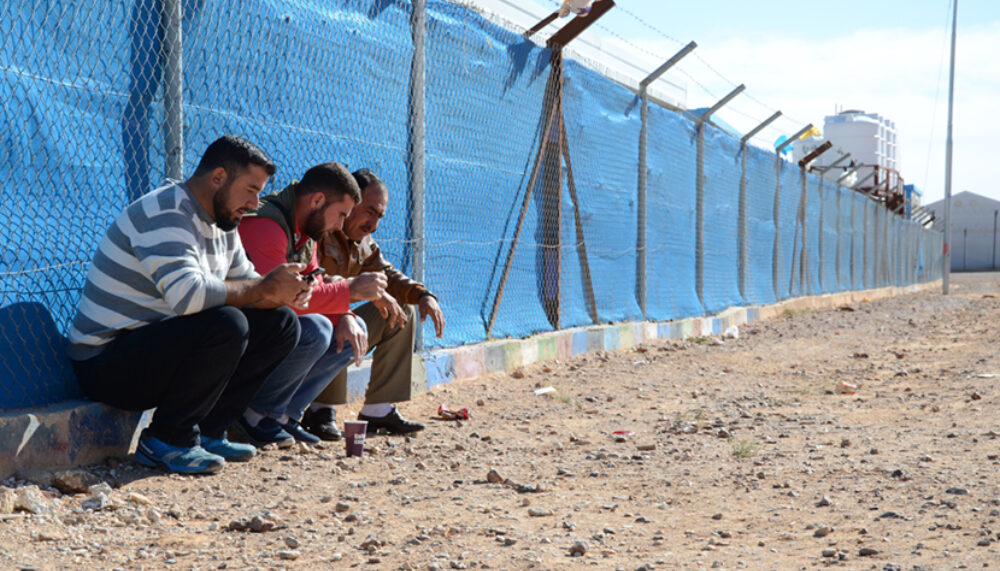
Supporting Syrian refugees in Jordan
Working with partners and refugees themselves, we organised trainings and activities that promote peace education, theatre and self-care for Syrian refugees in Jordan.
- Impact
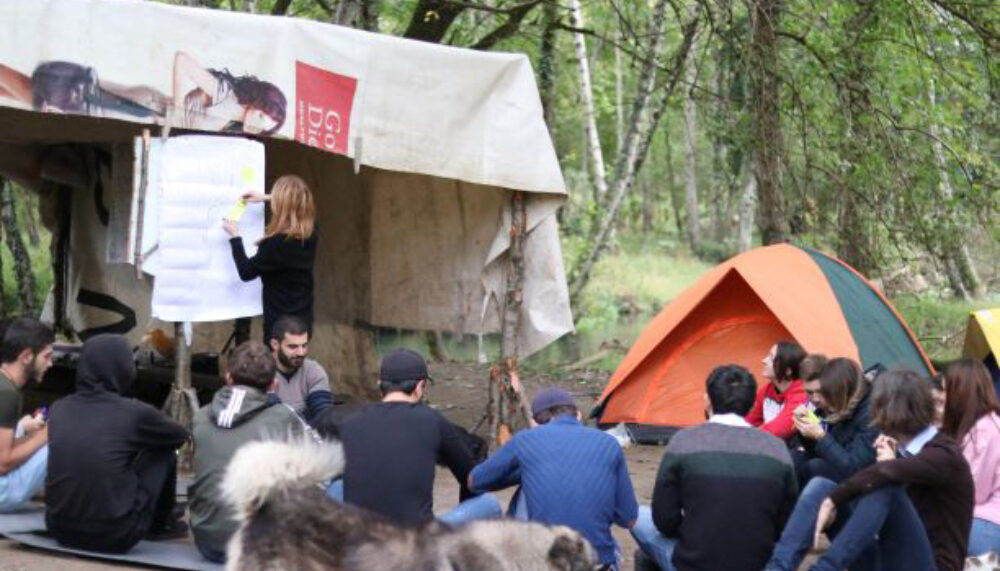
Supporting reconciliation in the Georgian-Abkhaz conflict
'Biographical salons' provide a unique space where old wounds can be aired, different perspectives are shared, and people take steps toward reconciliation.
- Impact
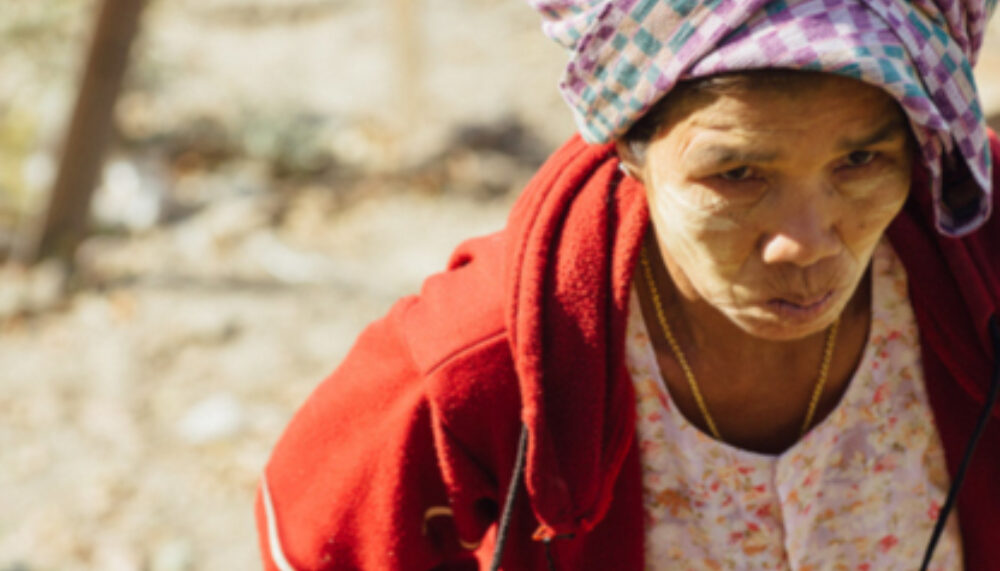
Women’s rights in times of conflictPerspectives of women leaders from armed and political movements
A discussion on women's rights in conflict settings in honor of the 20th anniversary of UN Security Council Resolution 1325 on Women, Peace and Security.
- event 19 Nov 2020
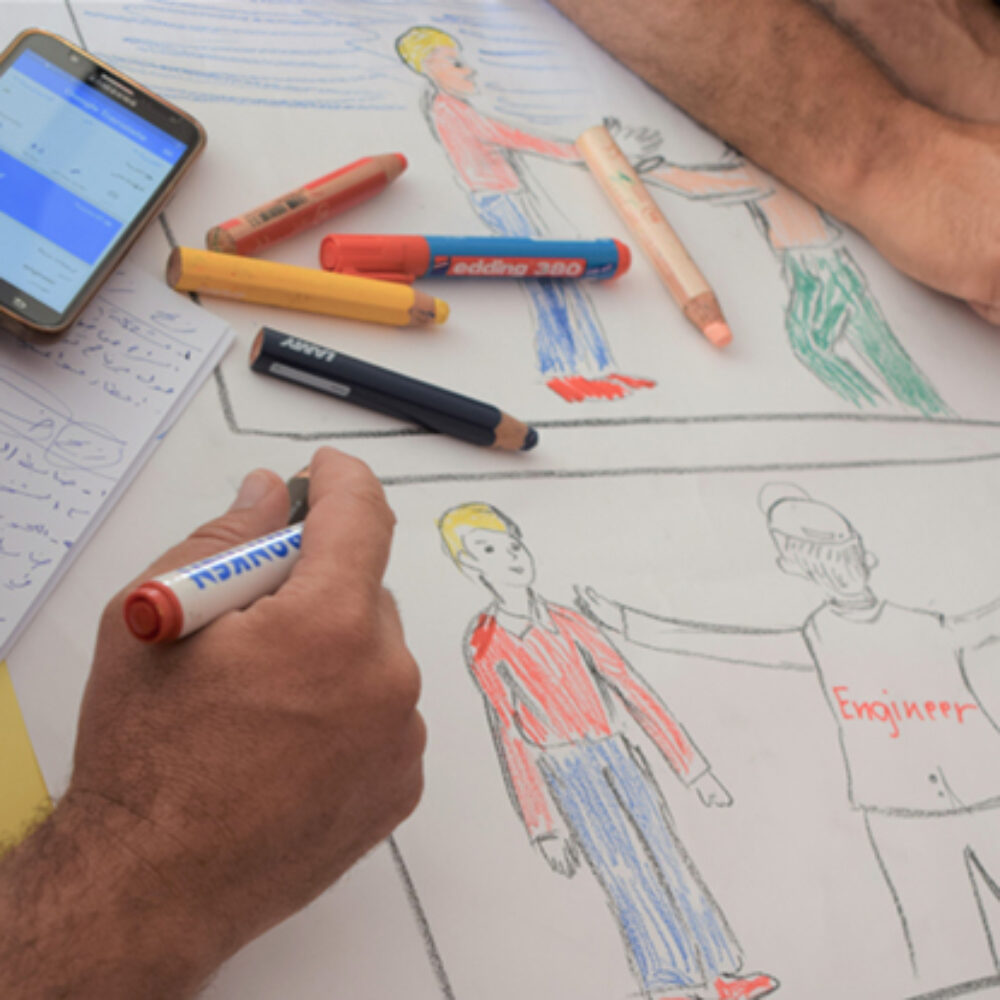
Peace education resourcesTeaching and learning materials
From classroom materials and curricula, to pedagogical theory, the Berghof Foundation develops resources to support peace education. In this collection, you can browse resources in a number of languages that will support your efforts to bring non-violence, conflict sensitivity, and other peace-related themes into classrooms and different training settings.
- Collection 27 items